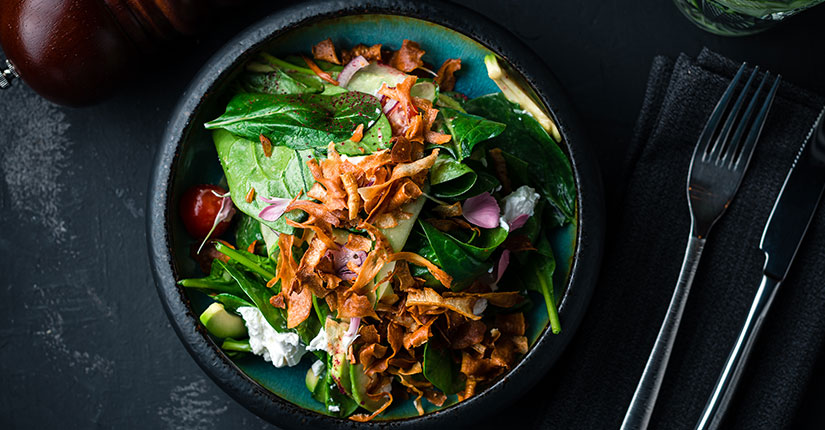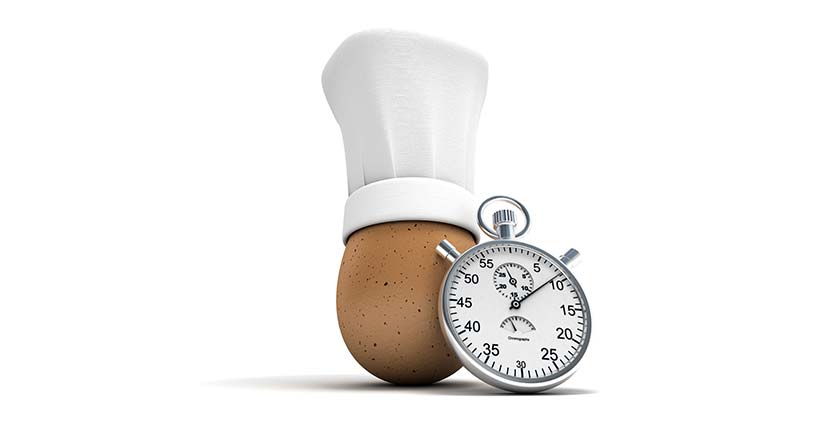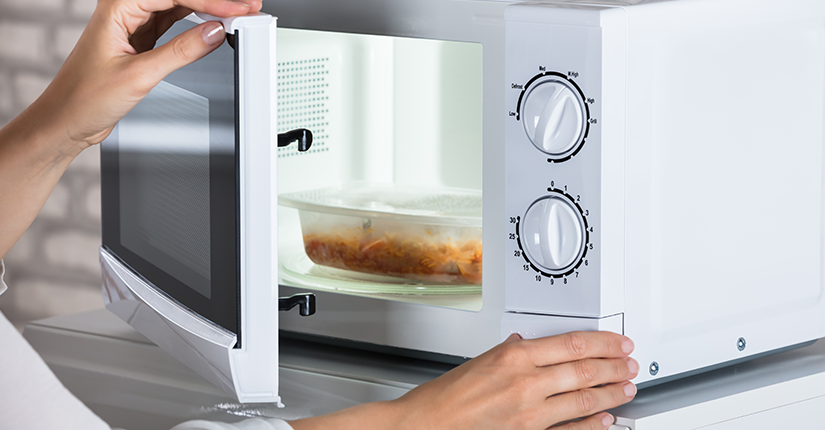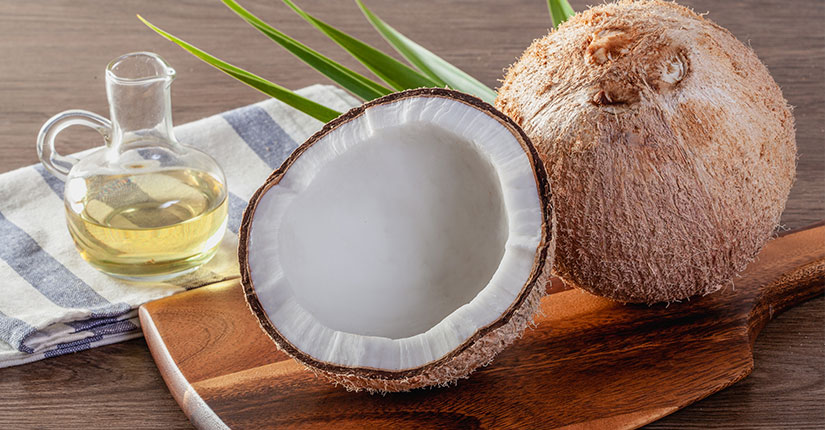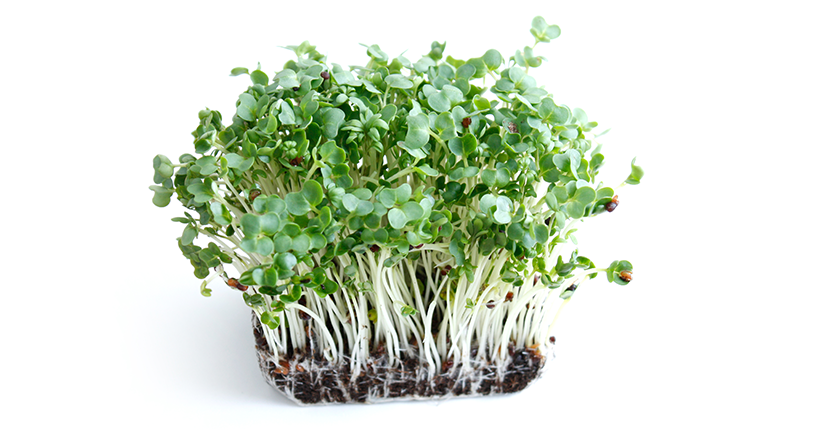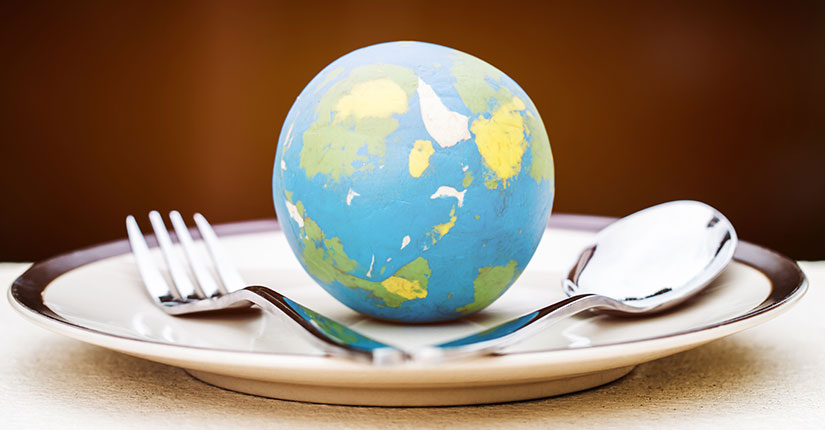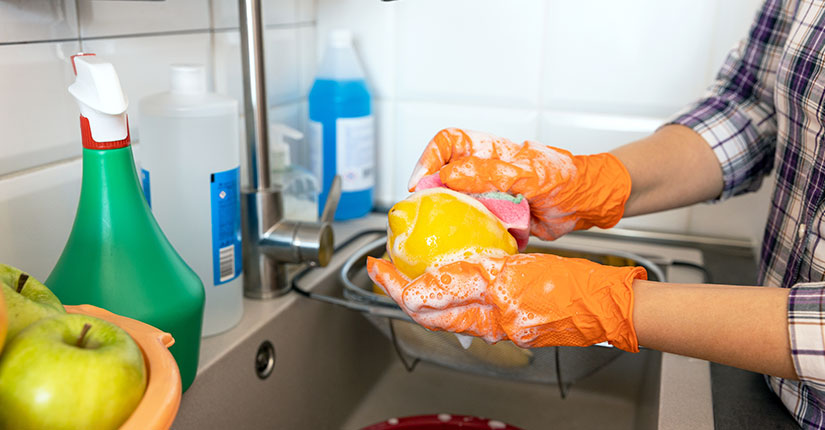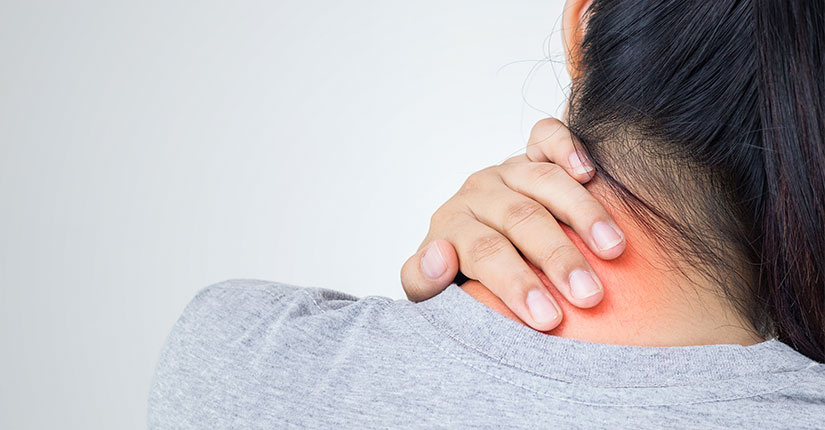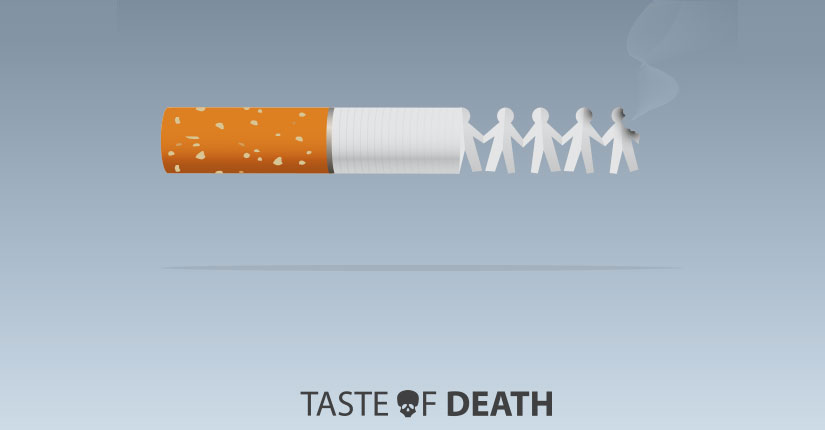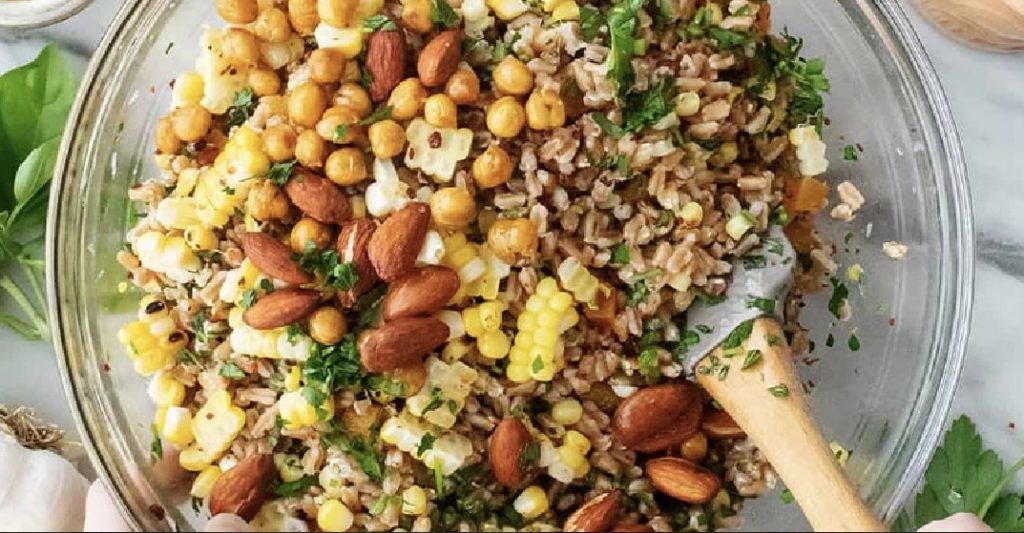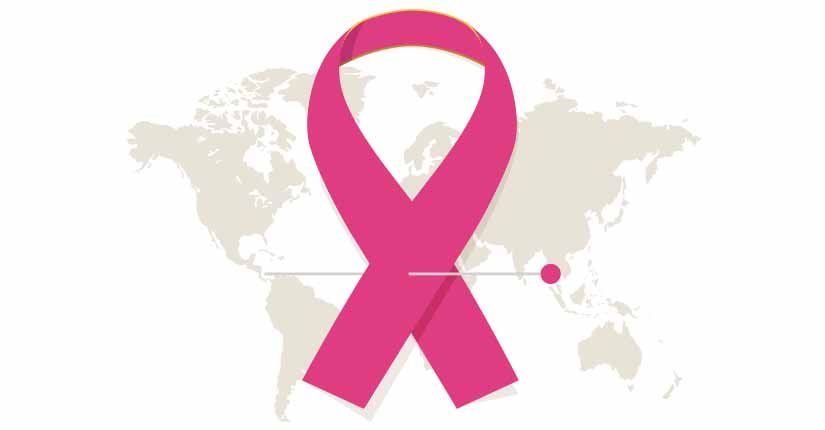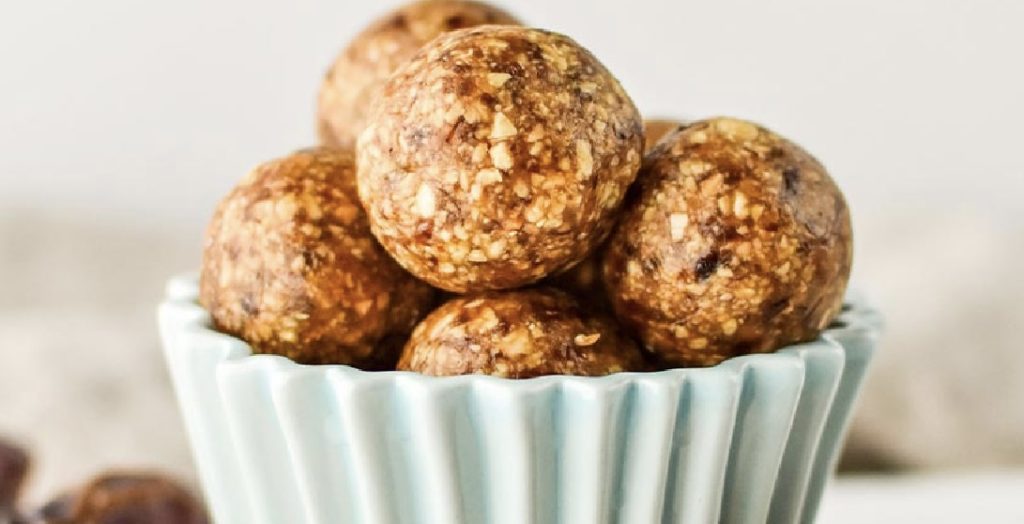Food Safety & Hygiene Guidelines
By: Admin Date: 23-Sep 2020 Reading Time: 5 Mins
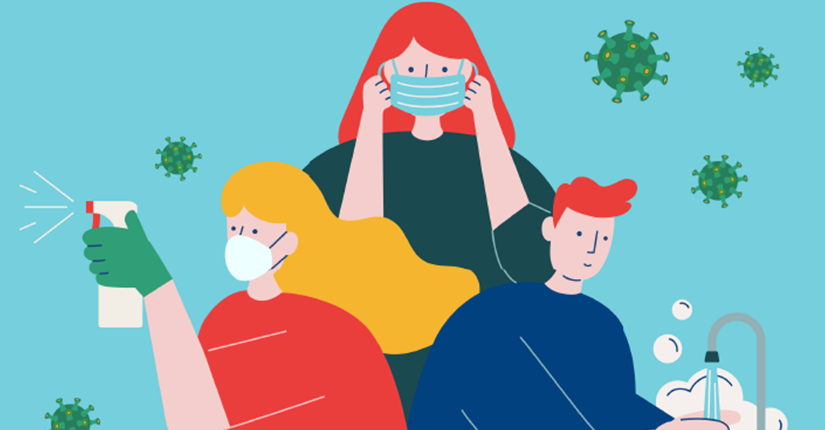
Since the onset of the novel coronavirus, it has become a necessity to regulate and reconsider what we eat, and how we eat, in order to avoid the spread of the infection. Especially in a country like India, where the food processing sector is one of the potent industries; in terms of production, consumption, and export. Food can get contaminated at any point during harvesting, processing, storage, distribution, transportation and preparation.
Lack of adequate food hygiene can cause foodborne diseases and can even become life-threatening.
What is food safety and food hygiene?
Food safety certifies whether the food is competent for the consumer’s consumption. Whereas, food hygiene is essential to ensure that the food prepared/sold by businesses are safe, meaning they aren’t infected, out of date or contaminated.
Food safety and hygiene are both important for the consumer’s health, from the farm to the fork.
How to maintain food safety and hygiene?
- To start with, we can make sure that the source we buy our food from is safe and that quality is not compromised.
- After bringing the edible home, it should be a priority to wash them thoroughly before eating them. Wash them in saltwater for better hygiene.
- We all know that processed food is transported over some distances and hence the probability of catching a disease increases. Instead, we can always buy raw food, and vegetables in season and locally available. Cook them at home and relish it.
- At this time when the pandemic strives, having clean, home-cooked is the best alternative.
What are the key principles for safe food?
The problem with the current world is too much convenience. We get everything pre-prepared, packaged, and read to eat, which makes us susceptible to infections. So, avoid junk and fast foods as much as possible and instead eat something healthy made at home. The key principles for safe food preparation are listed below.
- Cook the food thoroughly so that it kills any microorganisms that might be present in it.
- Do not delay eating the cooked meal. Have it immediately because it may lead to the growth and reproduction of microorganisms.
- If you pre-heat the food make sure it is heated thoroughly.
- Use safe water while preparing the food and while washing fruits and vegetables.
- Always go for sealed food to prevent any damage by transportation, accidents or by storage.
Do you know what you buy?
Before buying anything edible from the market, always turn the product over and read the manufacturing date, expiry date, ingredients and place of manufacture to get a proper estimate on whether it’s safe for you or not. Proprietary foods(foods that haven’t been standardized) are not necessary for us, so consider giving up those unless absolutely necessary.
Protip: Always keep a note about how the food was made before it enters into your mouth, wash everything thoroughly before ingesting it, always boil or cook your food before use.
Over to you:
Our safety and hygiene is in our hands so it is of prime importance to supervise everything that enters our mouth and stomach. We now know that contamination is the root cause, so we should focus on eating healthier homemade meals and prevent fast food as much as we can. Don’t forget our awareness is our guard against diseases.
